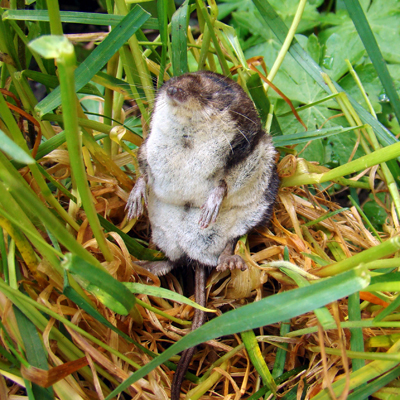Ham Fen nature reserve near Sandwich supports a raft of restricted and rare species, including: great fen-sedge, greater tussock-sedge, yellow sedge, bog pimpernel, yellow loosestrife, bladderwort, water vole, water shrew, Eurasian beaver, hobby, marsh warbler and reed bunting.
Fenland habitats are incredibly rare. The chalk valley of the north and south streams from the River Stour, of which Ham Fen is part, used to contain some 700 hectares of valley fen and would have been an important wetland area of exceptional wildlife interest from a British perspective. However, historic drainage episodes, which drained the land for conversion to intensive agriculture, resulted in the regional extinction of hundreds of species, most notably the rare fen orchid and the equally rare marsh fritillary butterfly.
The central five hectares of Ham Fen was the only piece of true fenland to survive these drainage episodes. This remnant wetland continues to be under pressure from water abstraction and pollution from chemical fertilisers, herbicides and pesticides.
Funding from Coca-Cola’s ‘replenish programme’ will enable the Trust to work towards improving the quality of water coming into Ham Fen, through the establishment of reed-swamp habitats around the periphery of the site and along water courses, and increasing the volume of water retained and stored on site through the creation of a variety of surface wetland features.
Additionally, the Trust will be working on a private landholding adjacent to the reserve to restore fenland habitat as well as also investigating the potential to recreate species-rich chalk grassland, a habitat that has been absent from the area for well over a century.
